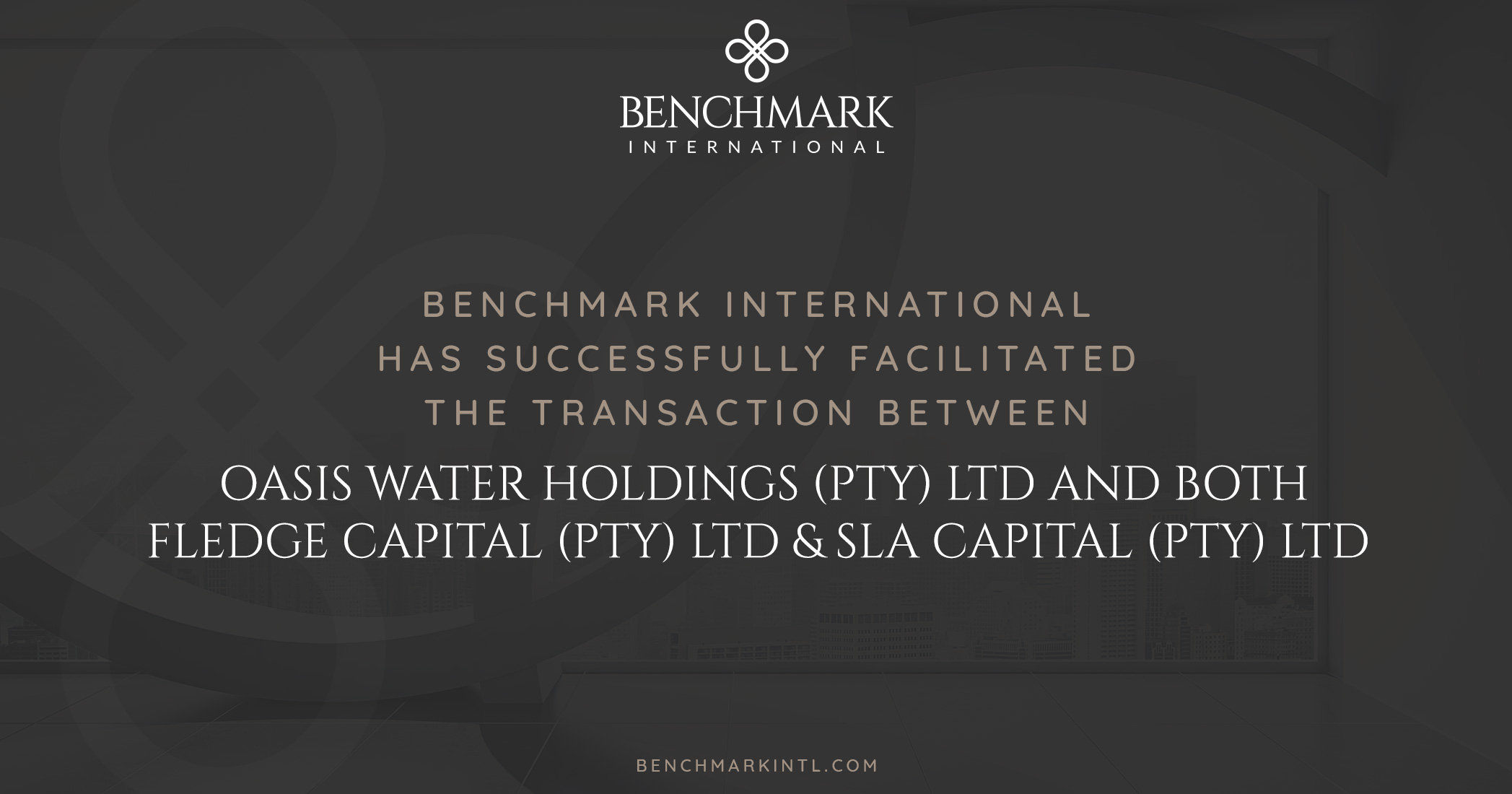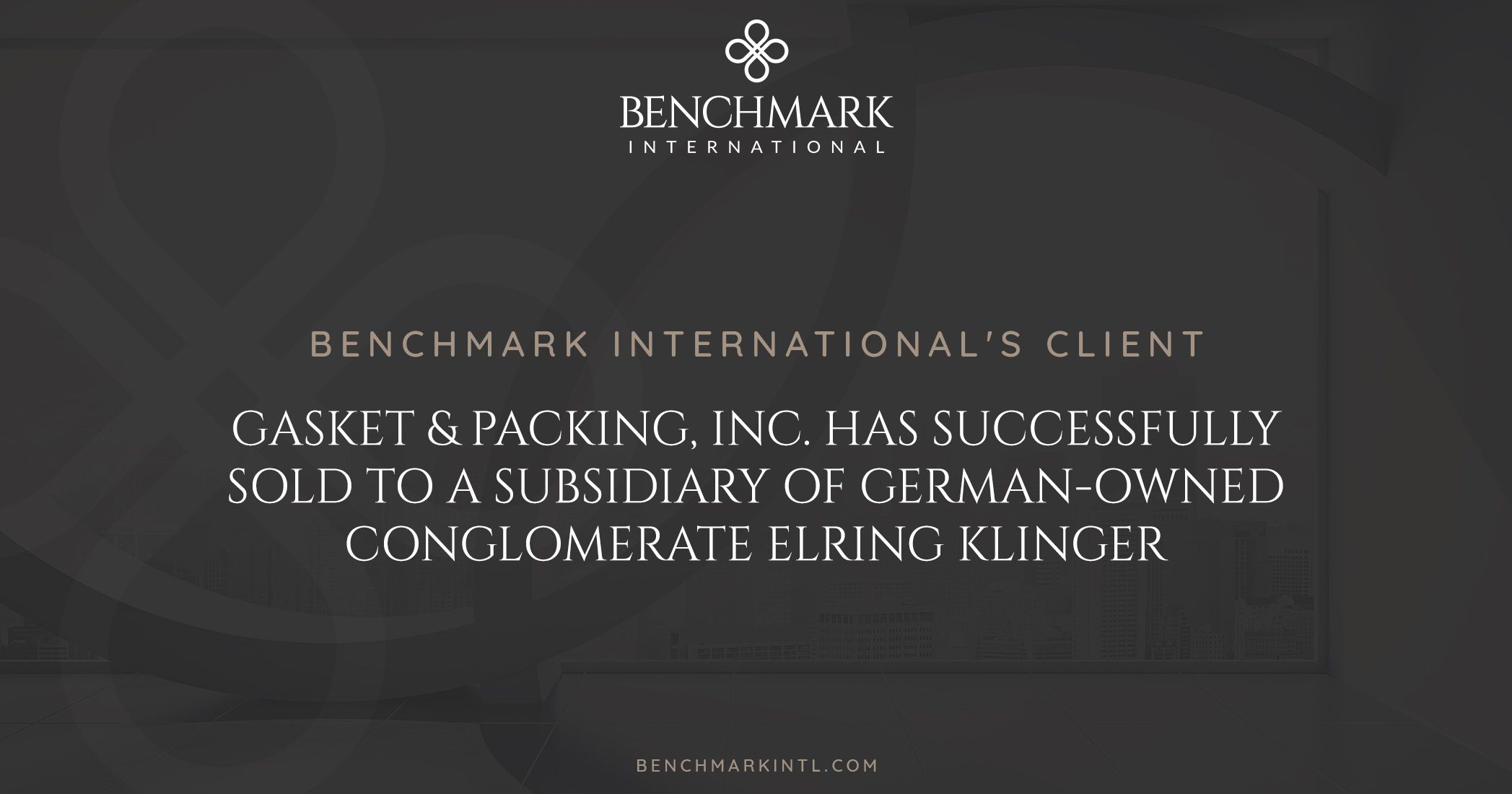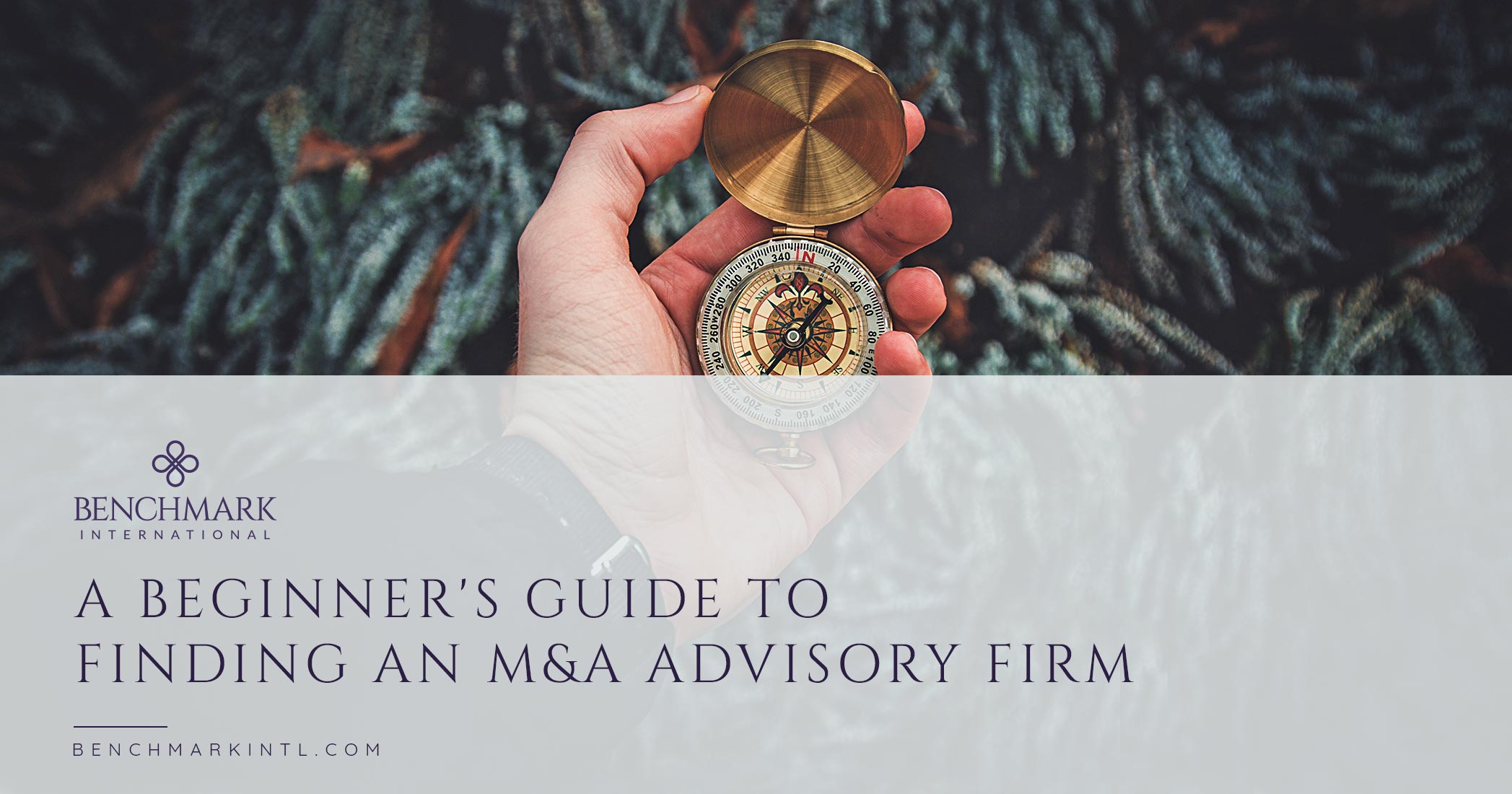In any industry, it is always important to look good to clients and to live up to their expectations. When working with clients you should always try to go above and beyond what they expect, which will help your firm look good. Regarding mergers and acquisitions, impressing clients is key when it comes to selling their businesses. From the onboarding process to the closing of the sale, looking good is essential. There are many ways to look good to a client but focusing on the firm’s professionalism, knowing your client, and building relationships with customers are a few keys ways to look good to your clients.
Professionalism
Looking good to clients starts with a first impression and how professional you appear to a client. A firm handshake, an appropriate suit, and a friendly greeting can help impress a client, but professionalism is ongoing and will continue throughout the process of selling a company.
A few ways to maintain professionalism are:
- Well-rehearsed presentations
- Constant communication
- Proper business etiquette
Clients want to be respected and treated appropriately in a business setting. Clients will expect professionalism, so it is important to go above and beyond their expectations. Providing well-rehearsed presentations about the client’s company, market, and industry will help you stand out against other firms.
Constant communication and updates on the status of the client’s file are key to impressing the client. Clients will be impressed by proper business etiquette how well you can articulate an understanding for their industry and particularly their business structure.
Know your client
Knowing your client is about more than just understanding what they do and whom they serve. There are many aspects to a business, and clients will be impressed if you take the time to understand the ins and outs of their company.
Businesses are multidimensional and no one knows the business as well as the owner. Before you meet with a client make sure to know some of the important aspects of their businesses. Some key things to research before your initial meeting with a client include:
- Details of services and products provided
- The markets they operate
- Customer review
Understanding and knowing your client starts before the initial meeting in person. Complete your research on the company prior to the meeting, note public information about the markets they operate, and their customers.
Building Relationships
Selling a company can be a very emotional process for business owners and building a relationship with the sellers is key to looking good to clients. Clients want to know that you are taking the time to understand what they are expecting to get out of selling their business. For some this can be monetary, for others it can be retirement or a change in their careers. Regardless of the reason, it is important to take the time to understand what they are looking for and understand those key aspects.
Some crucial ways to build and maintain relationships are
- Always be available
- Be open to listening to concerns and honest with responses
- Be realistic, do not over-promise
Clients want to know they are being taken care of when it comes to selling their businesses. It is important to build a relationship, establish trust, and let your client know you will be available through every step of the process. By building relationships, you will look good to clients and help them feel at ease throughout the mergers and acquisitions process.
When it comes to looking good to clients, there are many ways to be impressive. However, professionalism, knowing your client, and building relationships are fundamental. When you can provide professional materials and a true understanding of their company and industry, you will look good to clients. Diving deeper with your clients and showing an understanding on more than a basic level will set you apart from competitors and impress the clients. Building relationships and maintaining those throughout the process will also impress clients. While there are many ways to look good to clients, showing clients that you are professional, understand their business, and want to build a strong relationship with them will help you look good to clients.
Author
Madison Culberson
Transaction Support Analyst
Benchmark International
T: +1 615 924 8950
E: culberson@benchmarkintl.com
READ MORE >>
 Benchmark International
Benchmark International  Benchmark International
Benchmark International 














